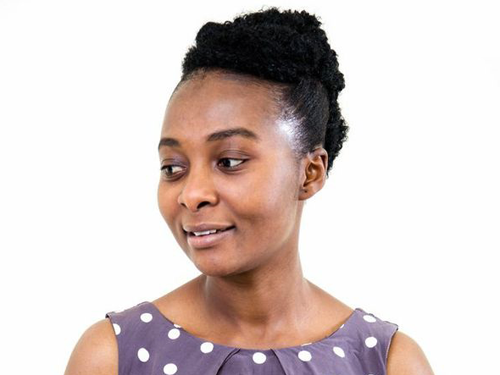Pay attention ladies, this week (21-27 January 2019) is the annual awareness week for cervical cancer.
The week is all about informing women and girls on what cervical cancer is, dispelling myths around smear test horror stories and encouraging women to attend their routine checks.
In spite of efforts to raise awareness of the disease, there lingers dangerous myths among certain communities, which are highlighted in the story below, but first:
What is Cervical cancer?
According to Cancer Research UK, cervical cancer occurs in the cervix, a strong muscle in the lower part of the womb, otherwise known as the neck of the womb. It’s covered with a layer of skin-like cells which can become cancerous and therefore need routine checks to detect any abnormal cell activity.
What is a Smear Test and where can I get one?
While we can only hope that our readers are already familiar with what a smear test is and regularly attend appointments, for those of you who aren’t, smear tests are internal swab tests for over 25s. They are proven to prevent 75% of cervical cancers from spreading yet one in four women don’t attend when they’re invited. We know that this has a lot to do with the common misconception that the tests are incredibly painful and uncomfortable. The nurse will swab the cervix a few times to get a good sample to test for abnormal cells. It is more comfortable if you are relaxed, so take some deep breaths if you need to and try to relax. To find out when your smear test will be offered, visit the NHS Choices site.
What are some issues in BME communities?

From the charity, Jo’s Cervical Cancer Trust, we share Jessica A’s story as a Black Minority Ethnic woman who felt the lack of awareness within her community around the topic of cervical cancer and smear tests.
“I am Ghanaian and I think there is a lot of education needed about cervical cancer and the importance of screening amongst Black and Minority Ethnic (BME) communities. There is a prejudice in the BME community that only girls who sleep around can get cervical cancer and if you have only ever been with your husband and are a healthy person you can’t develop cervical cancer and don’t need to attend screening.”
This is a common misconception that can be remedied by education and representation in awareness campaigns and visual material.
Jessica continues,
“BME women sometimes don’t understand the letters they receive, why they need to attend and what will happen during the test and therefore don’t feel like it’s necessary and are too busy anyway.”
Read Jessica’s full story here
Article updated on 21 January 2019













1 comment